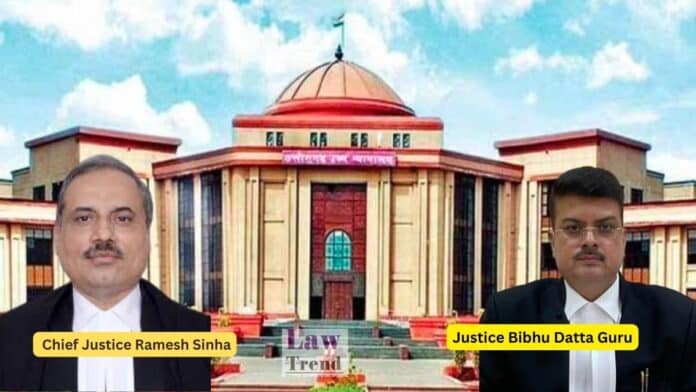The High Court of Chhattisgarh, in a significant ruling, has held that a person cannot suffer disqualification for an offence committed as a “Child in Conflict with Law” (CCL) due to the protections under Section 24(1) of the Juvenile Justice (Care and Protection of Children) Act, 2015. A Division Bench comprising Chief Justice Ramesh Sinha
To Read More Please Subscribe to VIP Membership for Unlimited Access to All the Articles, Download Available Copies of Judgments/Order, Acess to Central/State Bare Acts, Advertisement Free Content, Access to More than 4000 Legal Drafts( Readymade Editable Formats of Suits, Petitions, Writs, Legal Notices, Divorce Petitions, 138 Notices, Bail Applications etc.) in Hindi and English.




